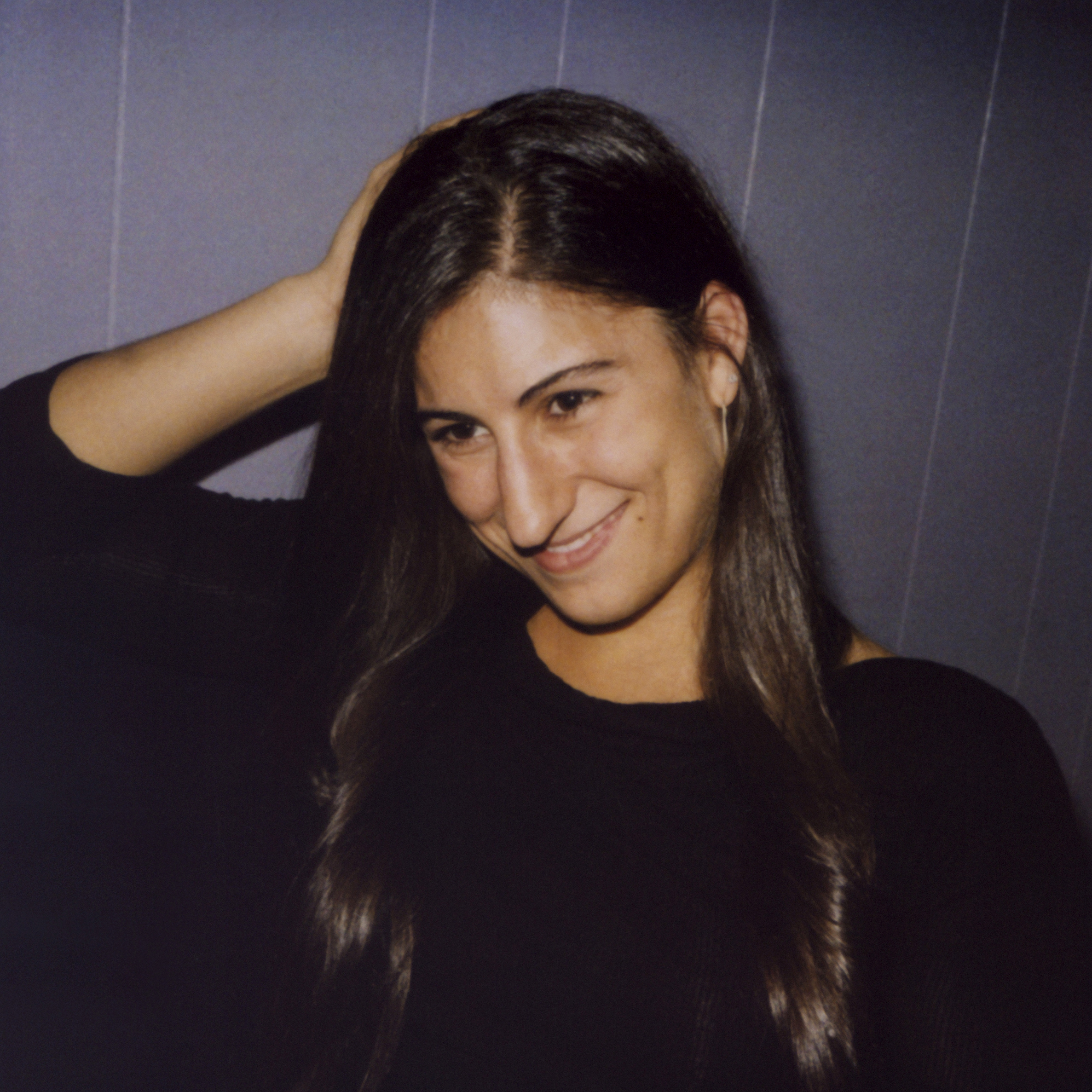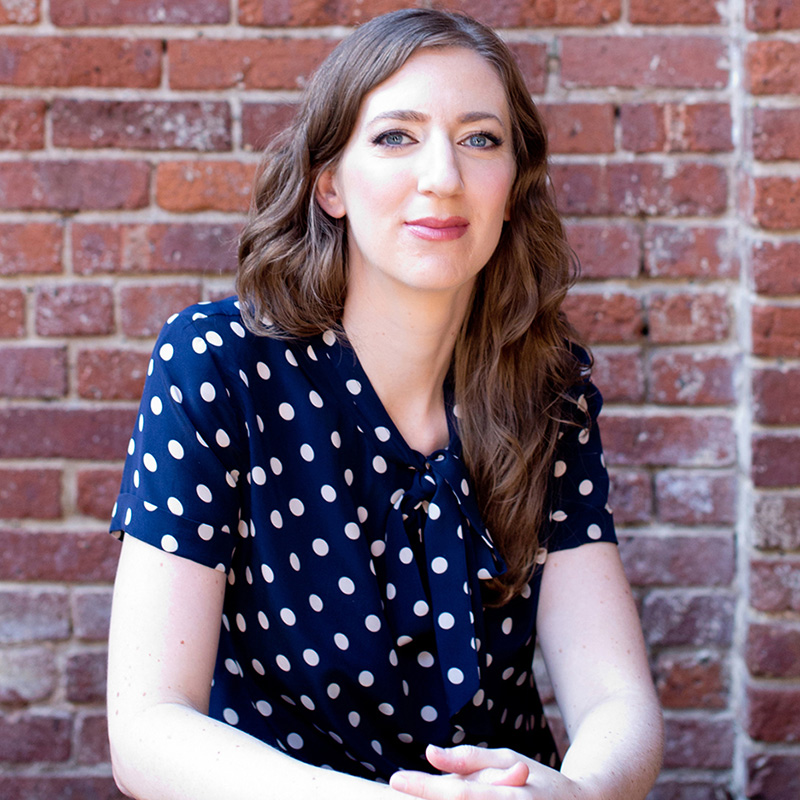My first job out of graduate school, when I was still new to New York, was at a big ad agency.
I knew it wasn’t quite the right fit, but I was happy to have a decent job and a steady paycheck. I figured that it’d be a temporary situation until I found something better.
I wasn’t alone in feeling out of place. I discovered that advertising is full of people who would rather be doing something else. Copywriters would rather be writing screenplays, novels or comedy sketches. Art directors would rather be filmmakers, painters or t-shirt designers. The problem is, many of us get sucked into the perks of the job, and we never leave.
Breaking away from the comfort of a stable job that doesn’t fully satisfy you is a scary proposition.
You know in your heart that your talents would be better used elsewhere, but you don’t know what elsewhere actually is. Or you’re clear on what you’d rather be doing, but to get there, you have to embrace instability—something you’ve been taught your whole life to avoid. The model of your hardworking, nose-to-the-grindstone parents looms in the back of your mind. Or you feel ungrateful thinking about that unemployed friend who would kill to have your cushy job. The list of fears and possible failed outcomes mounts, until you convince yourself that you’re happy staying put.
The thing I wanted to be full-time was a graphic designer. Silly, I know, since compared to writing fiction or being a performance artist, that’s fairly easy work to come by. And isn’t generating ideas and shaping the look of ad campaigns one form of being a designer?
It turned out that the role I had felt very different from the role I wanted. In my ideal scenario, I worked directly with clients, making things that I actually liked. In the role I had, I was one of many cogs promoting products that, at best, I didn’t care about, and at worst felt borderline unethical.
At first, I thought the problem was the job itself. I just need to find a better job at a smaller, more creative agency, and then I would be happy. So I applied for other jobs and didn’t get them. I felt bad that I wasn’t selling myself properly in interviews, and I continued on as a dedicated but discontent worker bee.
As my restlessness grew, I began taking on more side projects. I figured that I could karmically make up for selling bladder control medicine during the day by designing websites for non-profit theater companies at night. I flirted with the idea of turning my side projects into my full-time job, but leaving a stable paycheck behind in a faltering economy and an over-priced city seemed far too terrifying to consider seriously.
One side project led to another until I was spending more time doing freelance work than anything else. I understood that becoming an independent designer was the only path out of my career malaise. I wasn’t going to find some fantasy “better job.” I had to create what I wanted myself.
I was afraid to lose all of these things that I had gotten used to:
Great benefits. I could see a doctor without thinking twice. I could take a sick day and still get paid. I was squirreling away money for retirement. I even had a transportation allowance for buying MetroCards each month. What a deal!
A predictable paycheck. I wasn’t making a ton of money, but at least I knew I could pay my bills on time.
Structure. I liked being part of a 9-5 rhythm. I worried that I would flounder if I had to define my own daily routine.
Having a clearly defined role. I liked feeling connected to the majority of people who also had office jobs. When people asked what I did, I had a quick and easy response. I liked that my dad understood what I did. I even liked having an employer, as though I was part of something bigger than myself.
Camaraderie. It was fun to be part of a team. It meant always having people to commiserate and celebrate with. There was never a shortage of fun parties and impromptu after-work drinks.
Business travel. I got sent to South Africa twice for commercial shoots. I flew business class, stayed in 4-star hotels and ate and drank whatever I wanted, all on the company’s dime.
It seemed ridiculous to throw these things away, so I put off making a change. My friends patiently listened to my reasons for not leaving, but each time I repeated these worries, they grew thinner and more boring. I knew I was letting fear rule me. Eventually, I couldn’t listen to myself make excuses any longer. A few big freelance projects came onto the horizon, and it was time to take the leap.
I’m now approaching my two year anniversary of being a full-time freelancer. So far, none of my fears have materialized into anything that outweighs the benefits of independence. I feel more invested in everything I do, and I love the daily challenges of being my own boss. I hope to never have to go back to a job that feels like a compromise.
Now that I’m comfortable in my freelance lifestyle, I can look back on each fear with a very different perspective. Everything has a clear counterpoint:
Benefits? I pay for my own health insurance, I have an independent retirement account. Acquiring these things on your own takes a little more discipline and research, but they’re not that hard to get.
A predictable paycheck? I’ve seen far too many hardworking friends get laid off to keep buying this line. My business actually feels way more stable than a corporate job because if one project fails, there’s always another one around the corner. It’s true that the money comes in more sporadically, but as long as I plan for that, the bills still get paid.
Structure? It turns out that it’s far easier to stick to a structure that feels natural to you. I used to struggle to make it to the office by 10:30 am each day because I’m not a morning person. Now I can embrace this side of myself and build my day around when I’m most productive.
Having a clearly defined role? I’m so much prouder of the work that I’m doing now, so it’s more fun to explain my job to other people. People sense this confidence and respond positively. Those who feel stuck in the corporate world are inspired to hear that it’s possible to succeed independently.
Camaraderie? I’m still in touch with many of my friends from work, but now when I see them, it’s intentional. I’m not getting distracted by office banter, so I’m actually freer and more motivated to hang out with people outside of work. My social interactions are defined by quality over quantity.
Business travel? What I lost in the occasional travel perk, I make up for ten-fold in the daily luxuries that I’m now allowed. I don’t set an alarm clock, I cook proper lunches each day, and I take long walks and bike rides in the middle of the day. And if I want to travel, I travel. There’s no need to ask for permission.
Looking back, I’m thankful that these fears forced me to take things slowly. I would rather be a tad too careful than rush into something I wasn’t ready for. Each month that I put off giving my notice at work was another month I spent building more client relationships. This foundation made the change from day job to freelance way less scary.
Fear is a useful force. Listen to what it is trying to tell you. Let it help you build a bridge, and then choose to move past it.
xo
Rebecca
Photo by Lisa Wiseman Photography






